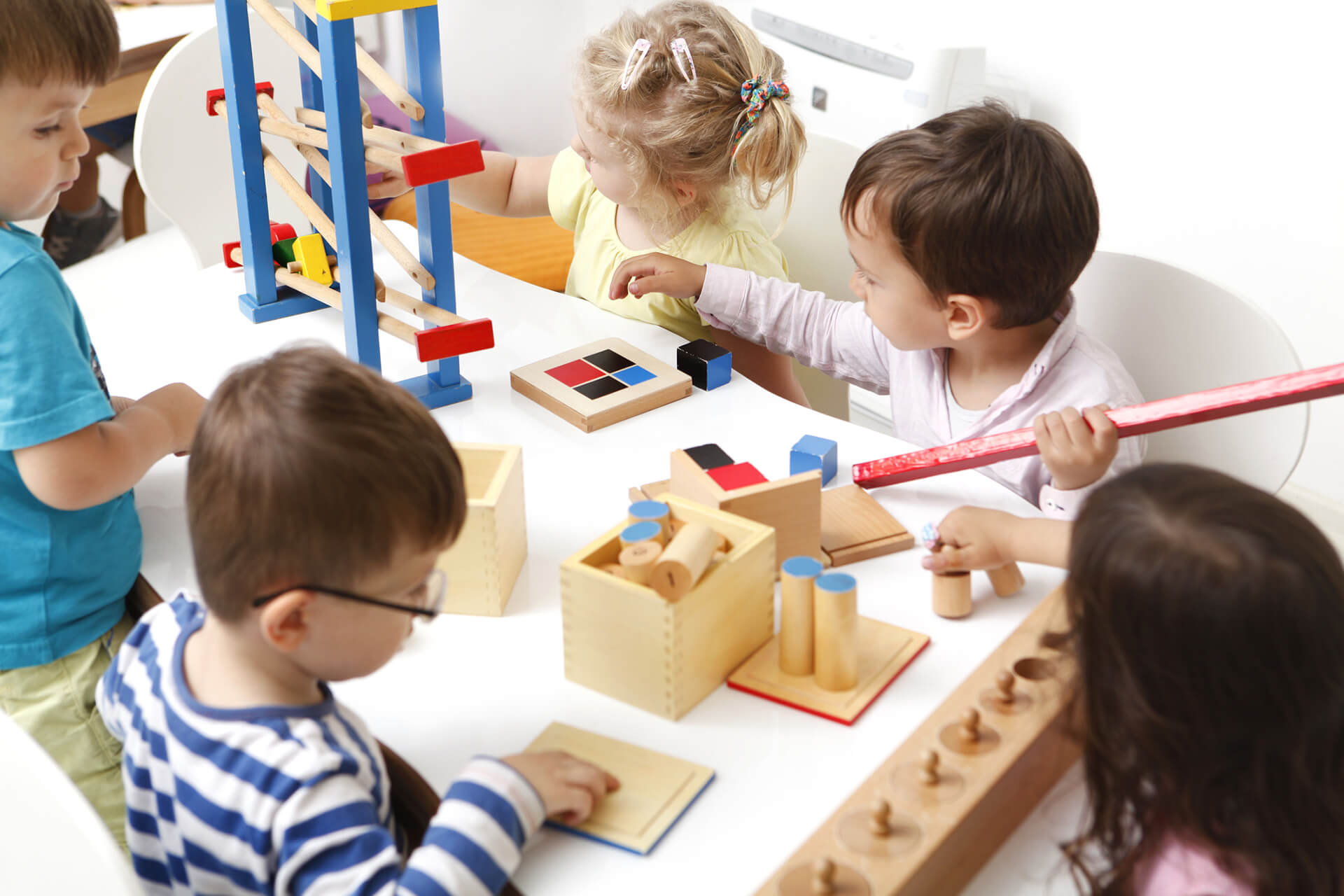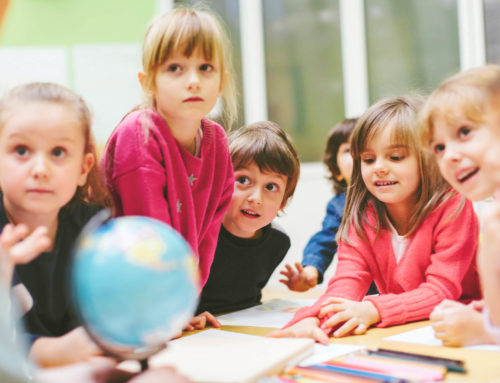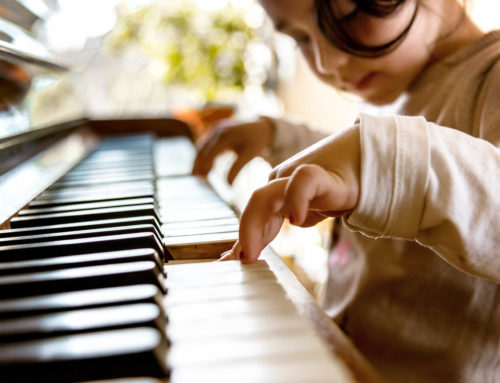By Vivian Cain
You may have noticed that both children and adults tend to move from one activity to another quickly. In the digital age, it’s becoming increasingly difficult to focus.
A study by Microsoft Corporation recently revealed that many of us struggle to concentrate on any given activity for more than 8 seconds. Just 10 years ago, our ability to focus was rated at an average of about 12 seconds. Obviously, the situation is getting a bit worse.
However, studies also show that focus and concentration are essential to succeeding in life, whether you’re engaging in conversation, performing well in school and work, or excelling in sports.
Jumping from one thing to the next can hinder your child’s ability to retain what she’s learned.
Concentration can be a difficult concept for a child to grasp at any age. At Maria Montessori International Academy, we have observed how the ideal learning environment can help children focus on one activity at a time and absorb the lessons they learn from each experience.
Here are some essential components of a Montessori education that encourage concentration:
Provide children opportunities to perform everyday tasks independently. Often, children are most focused when they’re learning how to do something that they see grownups do time and again. A Montessori classroom environment gives your child a chance to perform age-appropriate everyday tasks in the context of the classroom to teach him how to focus on one task at a time.
As toddlers, children are engaging in real-life skills that enable them to concentrate and focus. This can include pouring water into a glass from a pitcher, watering a plant, weeding a garden, organizing items in the classroom and setting the table.
Give your child a chance to solve a problem independently. As parents, it may be difficult to see our children sad or frustrated. As a result, with good intentions, many parents hurry to “fix” things that make our children unhappy. But giving children a chance to solve the challenges they encounter helps improve concentration and builds problem-solving skills. These challenges can be as simple as trying to find a lost toy, or as challenging as resolving interpersonal issues with other students.
Provide activities that match your child’s interests. Early in the Montessori education process, teachers spend time identifying the things that capture your child’s attention. Whether it’s a favorite toy, a song, a book or concept that piques your child’s interest, it holds clues that help us determine what most interests your child. If a child gravitates toward books with cats, dogs, and horses, it may indicate an interest in animals. We can encourage educational opportunities that include references to animals that encourage your child to concentrate on the task at hand.
Respect for your child’s limits. It’s rare for a child to spend an entire day focused on one task. That’s understandable. So when your child is finished with one activity, we’ll assist him in moving on to another task. Even if your child switches between tasks quickly, he can still learn concentration discipline while performing each one.
At Maria Montessori International Academy, we’re committed to providing with an environment that encourages self-discipline, focus, and determination — all skills that will prepare them for real-life challenges as adults.
Interested in learning more. Contact us for a tour to see if Maria Montessori International Academy is a good fit for your child.




